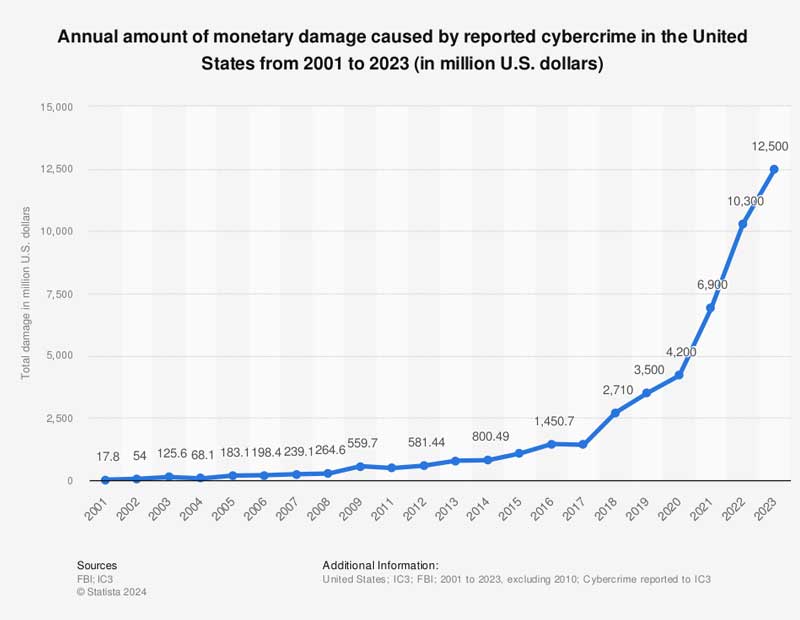

Cybercrime inflicted a staggering $12.5 billion in damages on the U.S. economy last year, with property managers increasingly facing threats from ransomware and data theft. Chris Barns from R&K Solutions highlights that office buildings are particularly vulnerable due to their extensive networks, which can be exploited by cybercriminals. Nick Wright from CBRE points out that many institutional investors often lack adequate cyber policies for their assets, leaving them exposed to potential breaches. John Price from SubRosa Cyber emphasizes the creativity of attackers, especially in phishing schemes, which have become more sophisticated over time. According to Chuck Briese from Transwestern, a staggering 90% of breaches are attributed to human error, underscoring the need for comprehensive employee training.
In light of these challenges, organizations must implement a robust cyber incident response plan (IRP) to mitigate damages. According to IBM's 2024 Cost of Data Breach Report, the global average cost of a data breach is now $4.88 million, with the U.S. average significantly higher at $9.36 million. Notably, 59% of ransomware attacks target U.S. victims, with healthcare breaches averaging $9.77 million. The Department of Justice (DOJ) and the Securities and Exchange Commission (SEC) are increasing scrutiny and enforcement on cybersecurity compliance, emphasizing the importance of having a proactive approach to cybersecurity to avoid civil and criminal liability. Significant penalties for mishandling breaches have been highlighted in cases such as the one against Uber's former Chief Security Officer Joseph Sullivan, who faced criminal charges for his role in a data breach incident.
To combat these threats, experts recommend best practices such as utilizing Virtual Private Networks (VPNs), adopting zero-trust security models, and conducting regular training sessions for employees to recognize and respond to cyber threats. The DOJ's Civil Cyber-Fraud Initiative aims to hold contractors accountable for cybersecurity failures, while the SEC's new rules require organizations to report material cyber incidents within four business days. Notable incidents, such as the ransomware attack on Clorox and the Colonial Pipeline attack in 2021, serve as stark reminders of the vulnerabilities that exist within the property management sector. As cyber threats continue to evolve, it is crucial for property managers and investors to prioritize cybersecurity measures to protect their assets and sensitive information. [c9f2cc33][2d88575a]